| Reflective Professionals (Agents of Change) demonstrate an understanding of content to be taught and are able to plan effective lessons aligned with state and national standards. These lessons combine their own creative ideas while drawing on educational research and best practice. When delivering lessons, Reflective Professionals (Agents of Change) employ effective questioning techniques, interesting and challenging problems, and active learning activities that promote authentic learning for all students. |
Knowledge Base
School faculty subscribe to the proposition of the National Board for Professional Teaching Standards that teachers should know the subjects they teach as well as how to teach those subjects to their students (Blackwell and Diez, 1998). In 1973 Shavelson asserted that decision making was the basic teaching skill. Hunter (1984, p. 169) later interpreted teaching as the “stream of professional decisions that affects the probability of learning.” School faculty believes that reflective professionals learn to be effective designers and deliverers of instruction. They can make the decisions that best promote learning in their students.
Brophy and Good (1986) found that teachers whose students achieved the most, planned on a daily basis prior to instruction. As a result, lesson and unit planning are essential components of the teacher preparation program at IU Northwest. Recognizing that teaching is a contextual practice and that there is not just one effective method of teaching, the faculty models several modes of teaching such as direct instruction, cooperative learning, inquiry-based learning, problem-based learning, and learning styles-based instruction.
Research over the last several decades has provided much insight into teaching and learning. Ausubel (1968) proposed that teachers find out what learners already know and teach them accordingly. Glasser (1976) argued that theories of instruction had to be based upon research into competent performance, initial state of learners, and learning itself. Schoon and Boone (1998) showed that the holding of certain misconceptions of science was related to low self-efficacy beliefs among teacher candidates. Bransford and Vye (1989) noted that research has great implications for teachers. The School faculty believes that reflective professionals use research as they plan for delivery. Action research done by teacher candidates is a part of the School of Education teacher preparation program.
Gall (1984) showed that teacher use of higher-level questioning results in deeper learning and application than questioning that asks for simple recall. IU Northwest faculty respond to this by modeling the types of questioning that calls for analysis of problems and synthesis of solutions. Savoie and Hughes (1994) showed that active learning methodologies resulted in better student achievement. Haney, Lumpe, Czerniak, and Egan (2002) confirmed that there is a relationship between what teachers believe and what they do in the classroom. Therefore, it is essential candidates examine their own belief systems and dispositions to teaching. Dispositions may be the most influential factor in determining success as an effective teacher.


